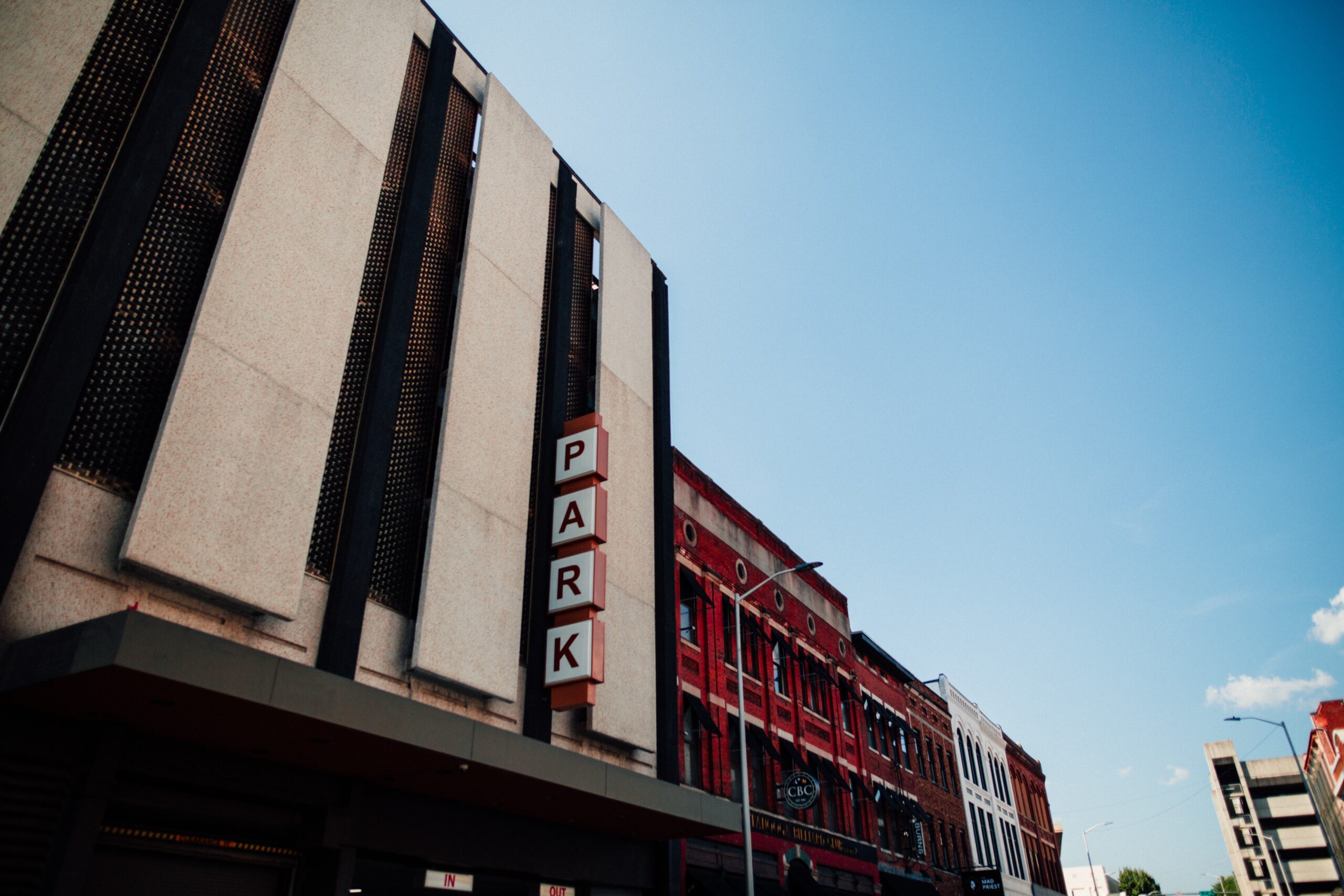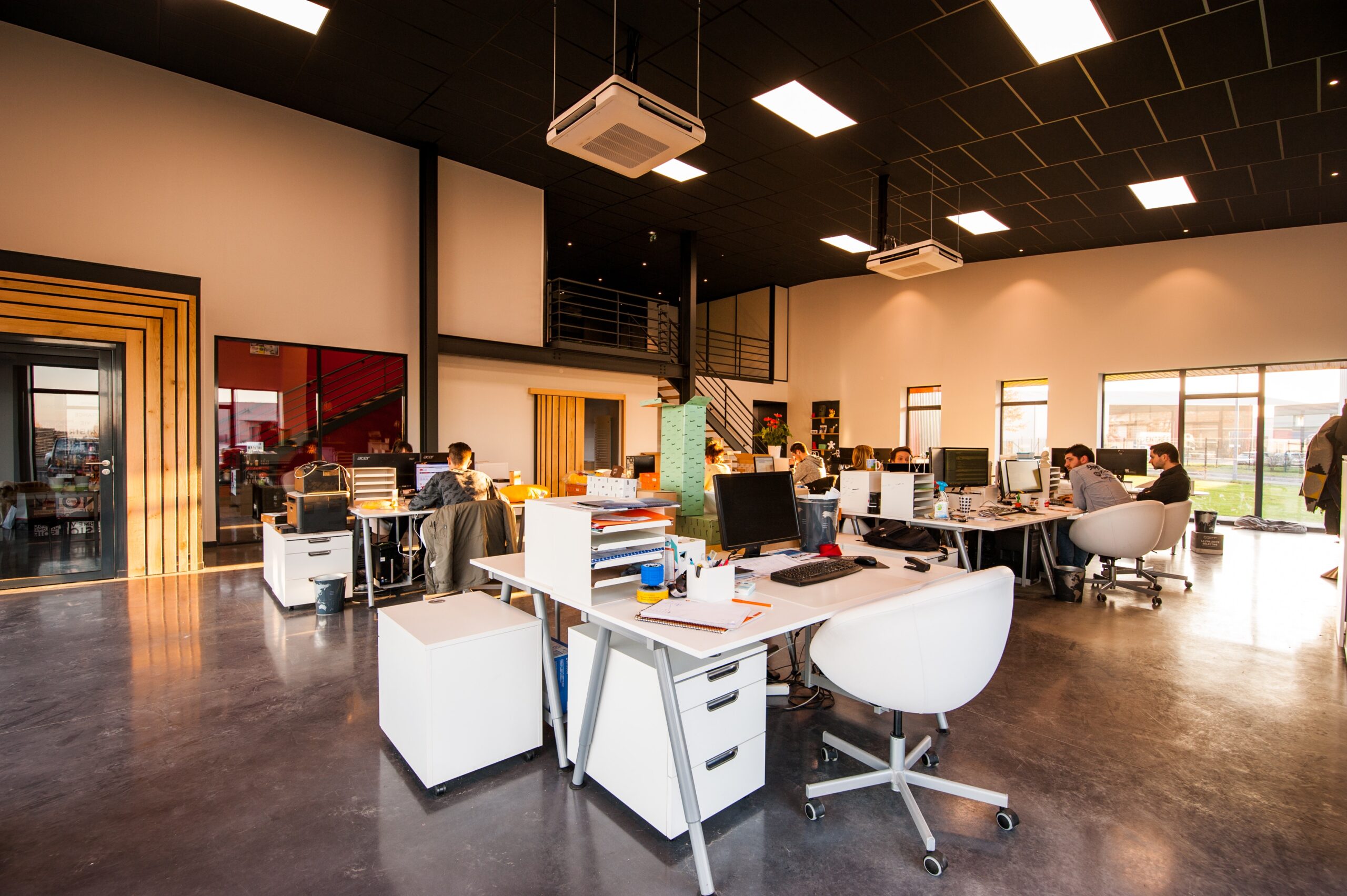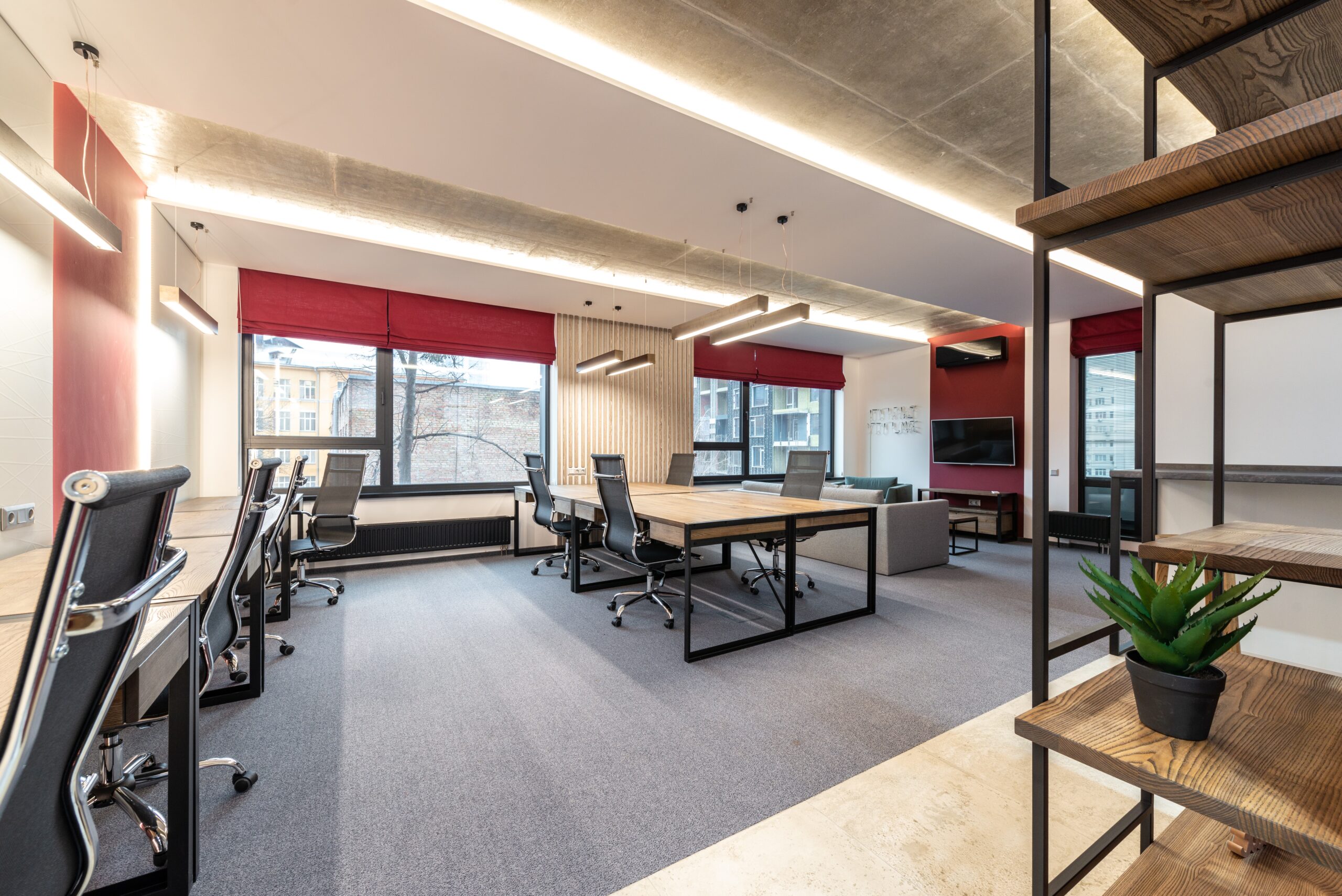The world of real estate can feel like the Wild West. There are many different ways to navigate the buying, selling, and leasing process, and some try to do it all on their own.
In commercial real estate, it is common for businesses and individuals to go unrepresented when looking to purchase or lease. Some consumers simply don’t understand the advantages of partnering with a commercial real estate broker.
Working With a Commercial Real Estate Broker
Let’s dive into a few reasons why working with a commercial real estate broker is the right decision.
- Time: Allow your commercial real estate agent to do the heavy lifting! They will search for properties, set up showings, and prepare contracts on your behalf to save you time.
- Money: Hiring a broker does not always mean money directly out of your pocket. Often commissions are paid based on the lease amount or purchase price and are normally paid by the seller or leasing landlord.
- Negotiations: Negotiating a real estate transaction is a skill. Your agent knows the tactics to secure the best terms possible and save you money.
- Legal: Commercial real estate contracts are complicated and have legal consequences. Having an experienced professional to explain the nuances is key.
- Data: Your real estate agent has access to many search engines and market stats you will need to make a well-informed decision.
- Knowledge: A broker’s general knowledge of the industry, your local market, and real estate contracts will ensure you stay on the right path.
Hiring a Professional You Trust
Hiring a professional that you trust, who will work in your best interest throughout the transaction, will make the process seamless. Please contact Steve Longenecker at WeBrokerCORealEstate or 720-600-9513 regarding any commercial real estate needs in Longmont, CO, and our neighboring communities.
We give out $250 gift cards for referrals that become our real estate clients.
Like, Share & Follow us on LinkedIn and Facebook.
#longmontcommercialrealestate #commercialrealestatebroker #northerncoloradocommercialrealestate










